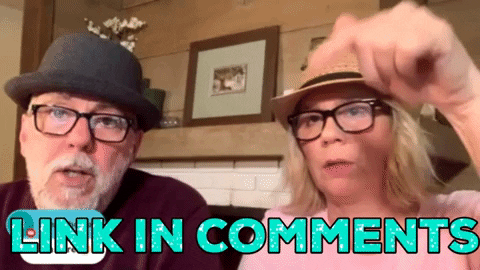Have you heard about that Facebook has implemented a ditch links strategy? The platform now recommends placing your external links in the first comment instead of in the main post. This shift aims to enhance reach and user engagement on the site.
Why Facebook Suggests the Ditch Links Strategy
According to @cmcalgary on Threads, Facebook signals that this tactic may improve engagement rates. The platform’s Professional Dashboard for Pages reportedly displays these insights specifically for post creators. Moreover, creators on Social Media Today have confirmed that adding a link after generating a preview and then deleting it yields better performance. Overall, this shows that Facebook’s algorithm favors content that keeps users on the platform, which supports the ditch links strategy.
The Algorithm Behind the Change
Internal research from Meta’s “Widely Viewed Content Report” reveals that most highly viewed content in the U.S. does not include external links. Instead, video content dominates this engagement pool. Consequently, ditch links strategy aligns with Facebook’s goal to keep users within its ecosystem and reduce referral traffic elsewhere.
Furthermore, this approach appears to complement Meta’s broader focus on internal content and free expression. As Threads also promotes link-rich content, this suggests a refined approach to balancing external resources and platform retention.
How to Implement the Ditch Links Strategy
Be mindful that comment-first linking requires manual effort, particularly since many scheduling tools don’t support scheduling first comments. Nevertheless, experimenting with this method makes sense. If paired with clear CTAs and engaging content, the ditch links strategy could enhance link click-through rates and overall post visibility.
Will This Truly Improve Your Reach?
It remains unclear whether this tactic guarantees better performance. While some creators report improved results, stats from Meta are not definitive. Therefore, apply the ditch links strategy selectively and measure key metrics—such as reach, engagement, and click-through rate—to gauge its impact.
Flexibility in Your Facebook Strategy
As Facebook’s platform evolves, adapting your approach is essential. The ditch links strategy reflects a wider algorithmic trend. Thus, testing different posting formats, including links in comments or posts, ensures your content strategy remains optimized for maximum visibility.
Facebook’s emerging ditch links strategy suggests that strategic placement of external URLs may improve engagement. While early results are promising, ongoing experimentation and data analysis are crucial. Ultimately, this tactic may offer social media managers a valuable method to refine their content performance strategy.

Interested in mastering the latest social media trends and tactics? Join Instafans today to receive expert tips, exclusive insights, and tailored strategies for creators and fans.


